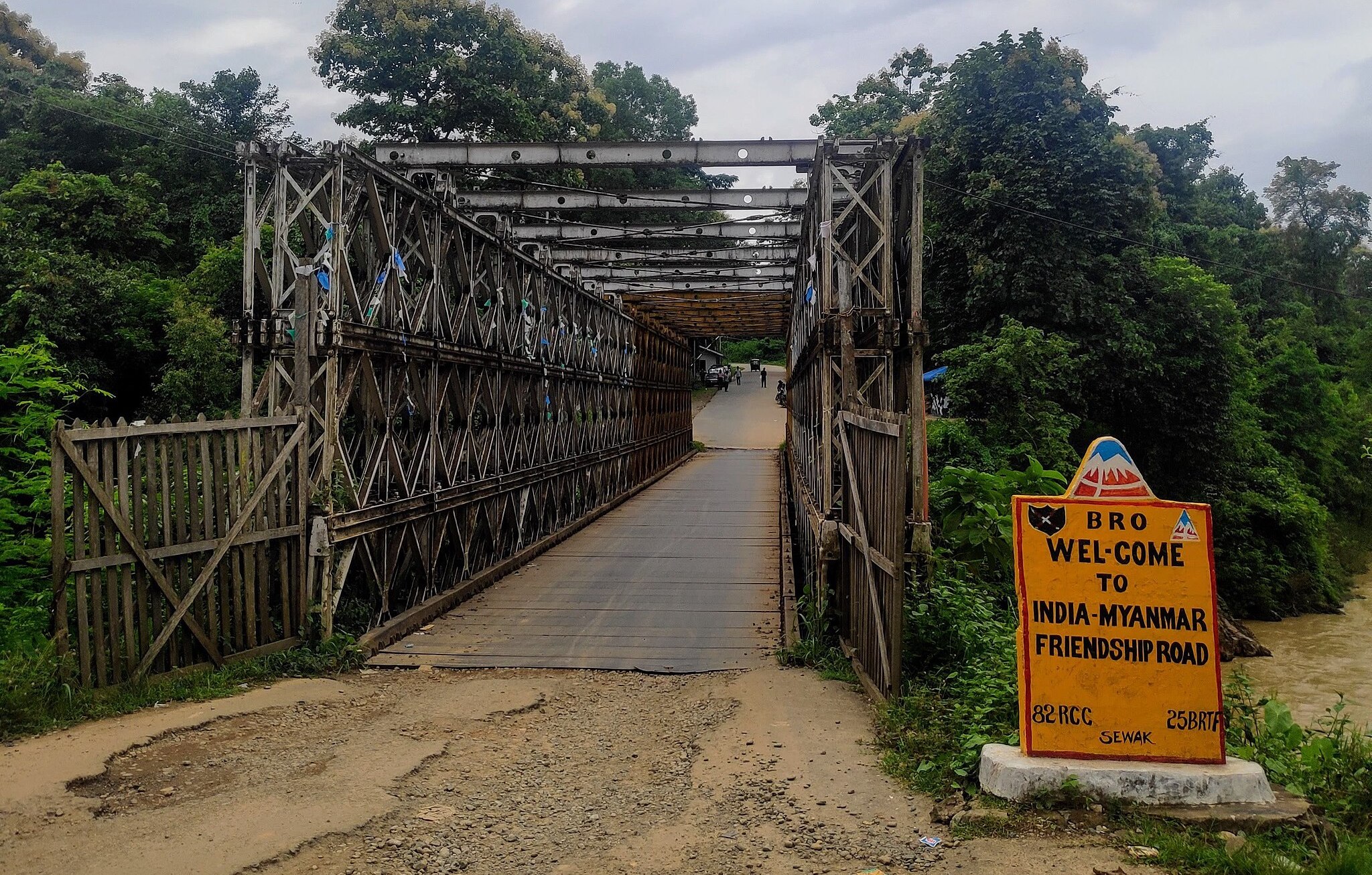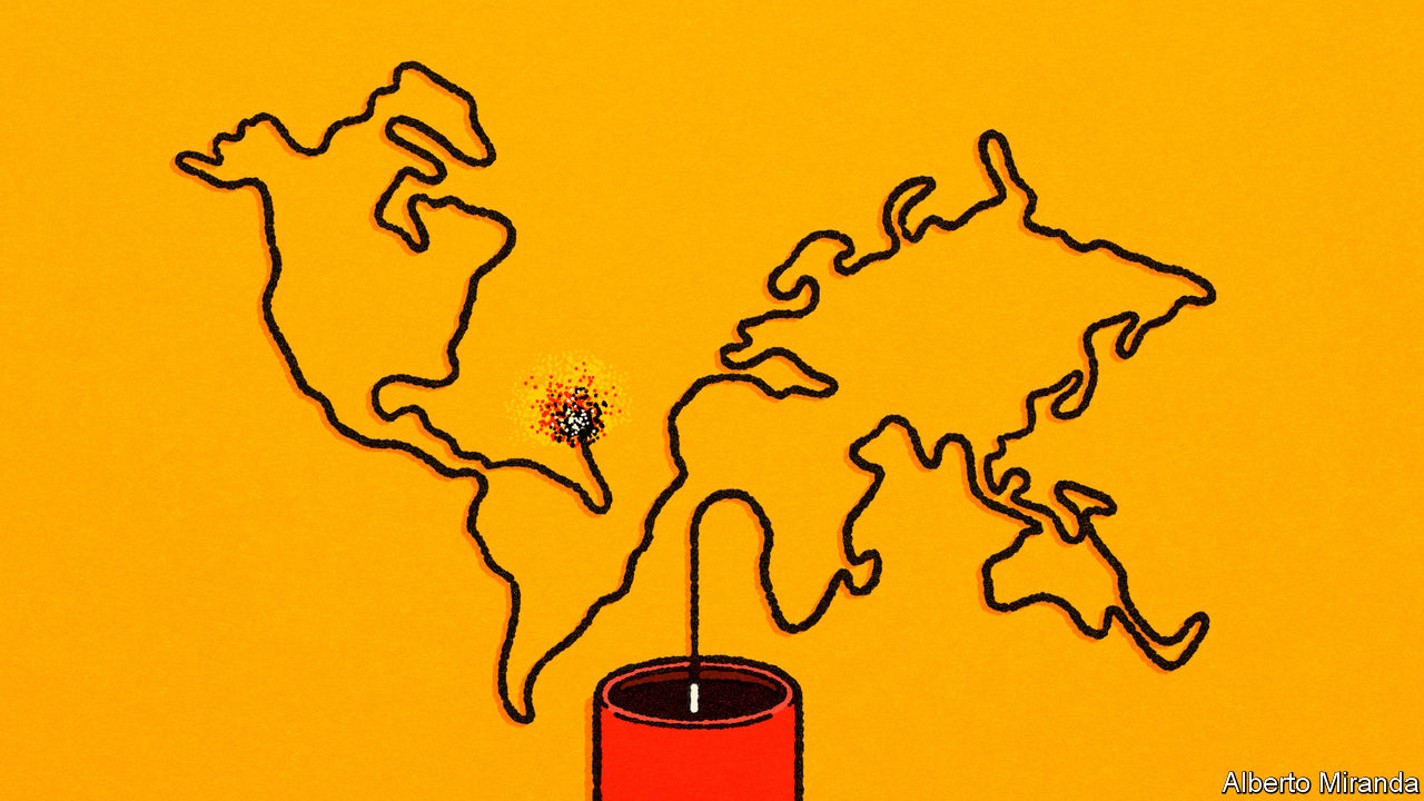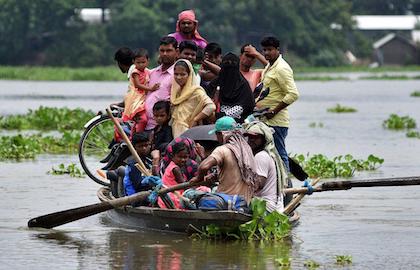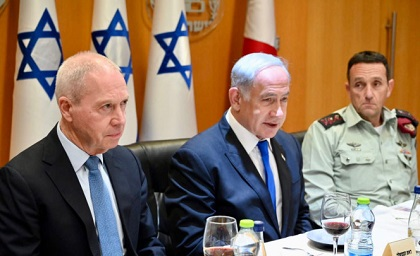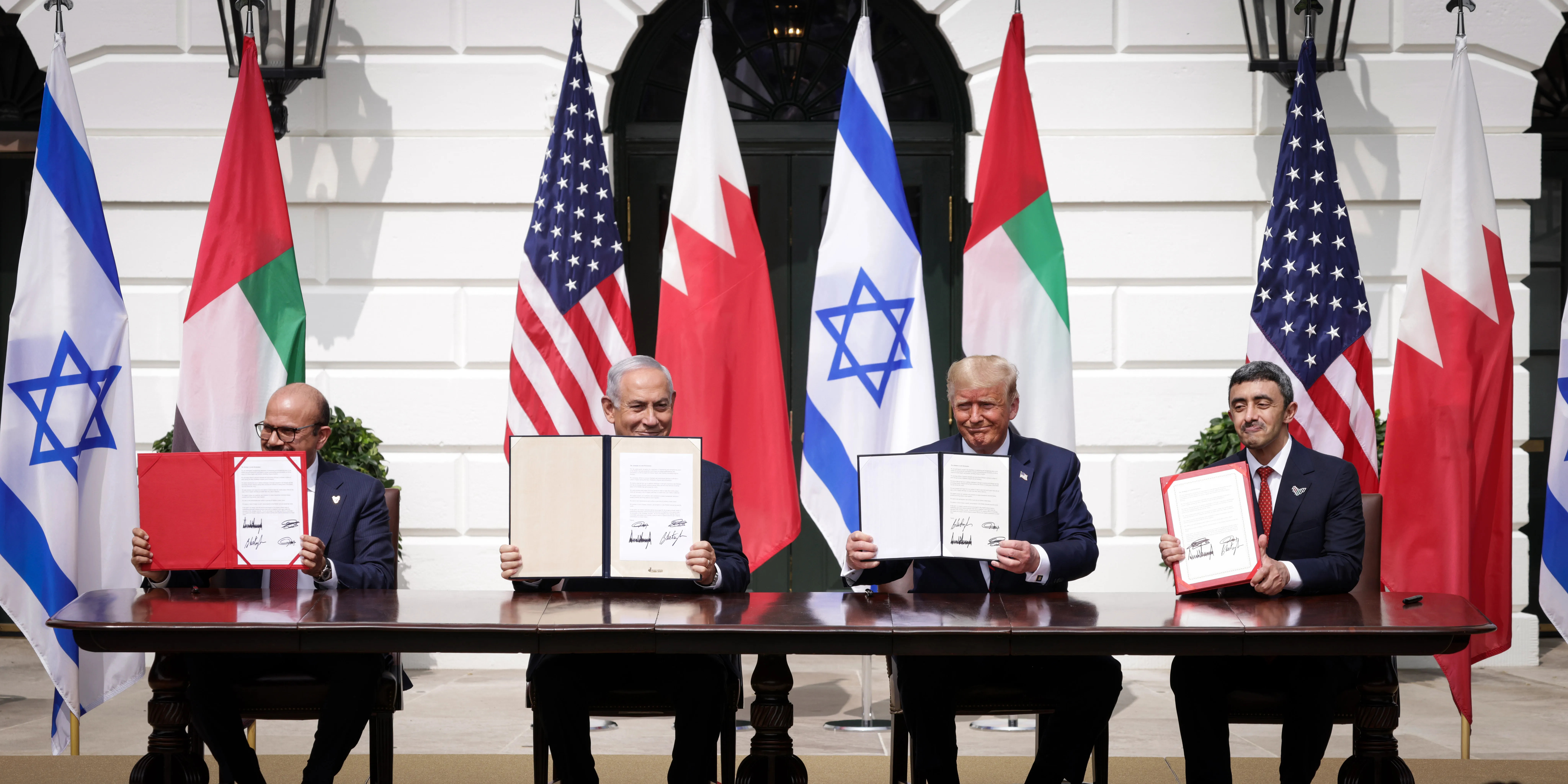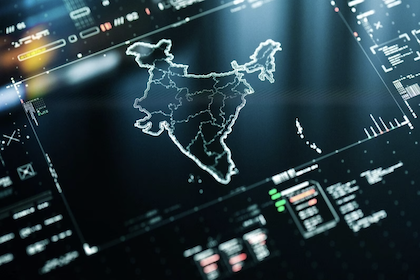Good fences and good neighbours
The parallel political and security crises in Myanmar and Manipur have led Indian authorities to consider abolishing the Indo-Myanmar Free Movement Regime (FMR). However, without long-term policy efforts to ameliorate the political and economic situation along the border, ending the FMR and fencing the Indo-Myanmar border is unlikely to resolve India’s security problems in the region.

